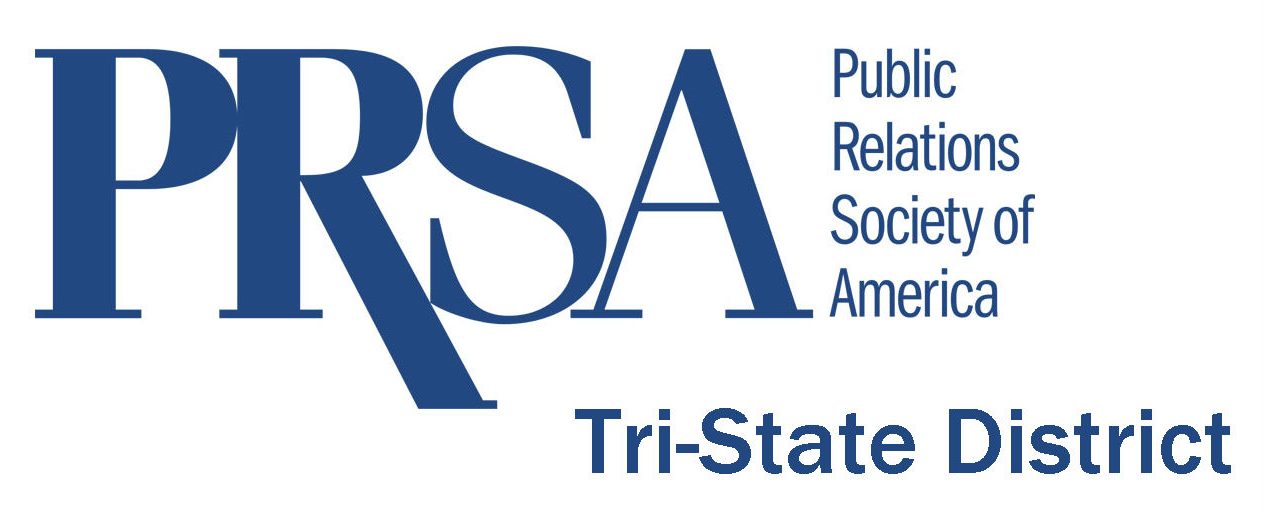By Julia Sahin
Who handles social media engagement in your company? Is it the marketing department? Or the public relations team? Both?
If your tweets and posts fall under PR, you’re in the clear. If your marketing team is currently running the show on social media, you may want to reconsider, and here’s why.
1. Both PR and social media are about two-way communication. On the other hand, marketing is traditionally about a one-way interaction: sending the right messages out to customers or consumers to sell a product or service. What marketers are not used to, however, is an uncontrolled conversation. And that’s what social media really is. You can control what you tweet or post, but you can’t control public responses. PR pros are trained to interact with stakeholders, not only to send messages, but also to receive feedback. The basic functionality of social media is at public relations’ core.
2. PR pros are trained to respond. Whether it’s to journalists, employees or investors, PR pros have frameworks for how to respond to questions, praise or criticism. Historically, social media crises occurred when criticisms were left unanswered. Even today, some companies underestimate the power of social networks. Ignoring an inquiry or criticism on social media is the digital “no comment,” and we all know that never goes over well. PR pros know how to identify situations that could potentially escalate and how to handle them, and they should be the ones in charge.
3. PR professionals are used to doing big things with a small budget. Social media takes a lot of time, but often has little to no budget—which is what public relations departments deals with on a daily basis. Professionals make a big impact without a lot of money to support it, leveraging relationships to steer public perception. Quite different than marketers, who are used to having larger budgets.
4. Social media is used to develop relationships. That’s what PR does, across groups of people who are important to the company. Twitter, Facebook, Instagram, Pinterest…these are all extensions of traditional relationship-building platforms that now take a digital form. It’s an environment that PR pros are comfortable with when creating long-term relationships.
5. On social media, people don’t want to be marketed to, they want to be engaged with. When people interact with a company on social media, they don’t want to talk to Corporate, they want to talk to a human. We can’t all be@TescoMobile, but humanizing a company is very important on social media, and PR pros are great at that. What the company says on social media has to be authentic and personable, instead of consistently self-promoting.
The best model for a social media function is PR oversight, supported by an integrated strategy with marketing and customer service. Social media messages and the company voice have to be consistent across all communication functions. But because of the natural conversational tone on social media, companies have better results when the role falls primarily under PR.
What do you think? Does social media belong to PR, marketing or both?
This article originally appeared on MuckRack.
Julia Sahin is passionate about managing reputations and advising on the best ways to do it. She works at one of the largest PR firms in the NYC office in Corporate Communications, specializing in financial services. Julia recently finished her Master’s at NYU in PR/Corporate Communications. She focuses on financial communications and was the first person to conduct and publish research on the reputational effects of regulation on banks.
